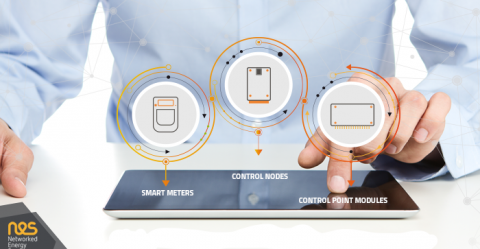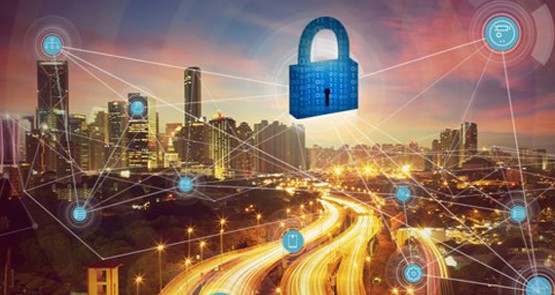
AMI, the Smart Grid, and Managing Consumption
Jan 14, 2021After nearly a century of slow technological innovation, the metering industry is now looking a lot like the electronics industry. Not only have meters become digital devices rather than electro-mechanical machines, but they are becoming smart and network connected. And now, much of the talk is turning to the ‘smart grid’. But what does a smart grid really mean?
The grid is usually just thought of as the electricity distribution infrastructure owned and operated by utilities; generation, transmission & distribution infrastructure, and meters. Adding intelligence and communications into all of these assets can bring tremendous benefits to utilities. It can make them more efficient, reduce their cost of operations, increase the quality of service they deliver, and improve system reliability. And, as such, customers benefit as well.
But, the grid — and the smart grid — is much more. The grid is not just those things owned and operated by the utility; it is everything connected to the electricity network. Every customer device that consumes or generates electricity is part of the grid including appliances, solar panels, electric vehicles, and more. The grid is not just the portion that generates, transmits, distributes, and measures energy; it is also all of the loads that consume that energy. Working together, intelligently, as part of a smart grid, the loads themselves as well as distributed generation play a critical role in helping to balance supply and demand, reduce peaks, and shift consumption.
When smart systems in homes, buildings, and cities are interlinked with pricing and other information available through a modern advanced metering infrastructure, the power of the smart grid becomes apparent. Consumers and businesses can intelligently and automatically reduce and manage their load in the way that works best for their lifestyle or business. In addition, utilities can realize more in the way of demand response than they could with simple on-off control of a limited number of devices, and they can do so while empowering their customers rather than controlling them — a win-win for everyone.
A smart metering network is but the first step in what will one day be a much richer interaction between the utility and its customers, and a much greater energy efficient world.
Author:
Larry Colton - Director International Business Development & Government Affairs at NES




